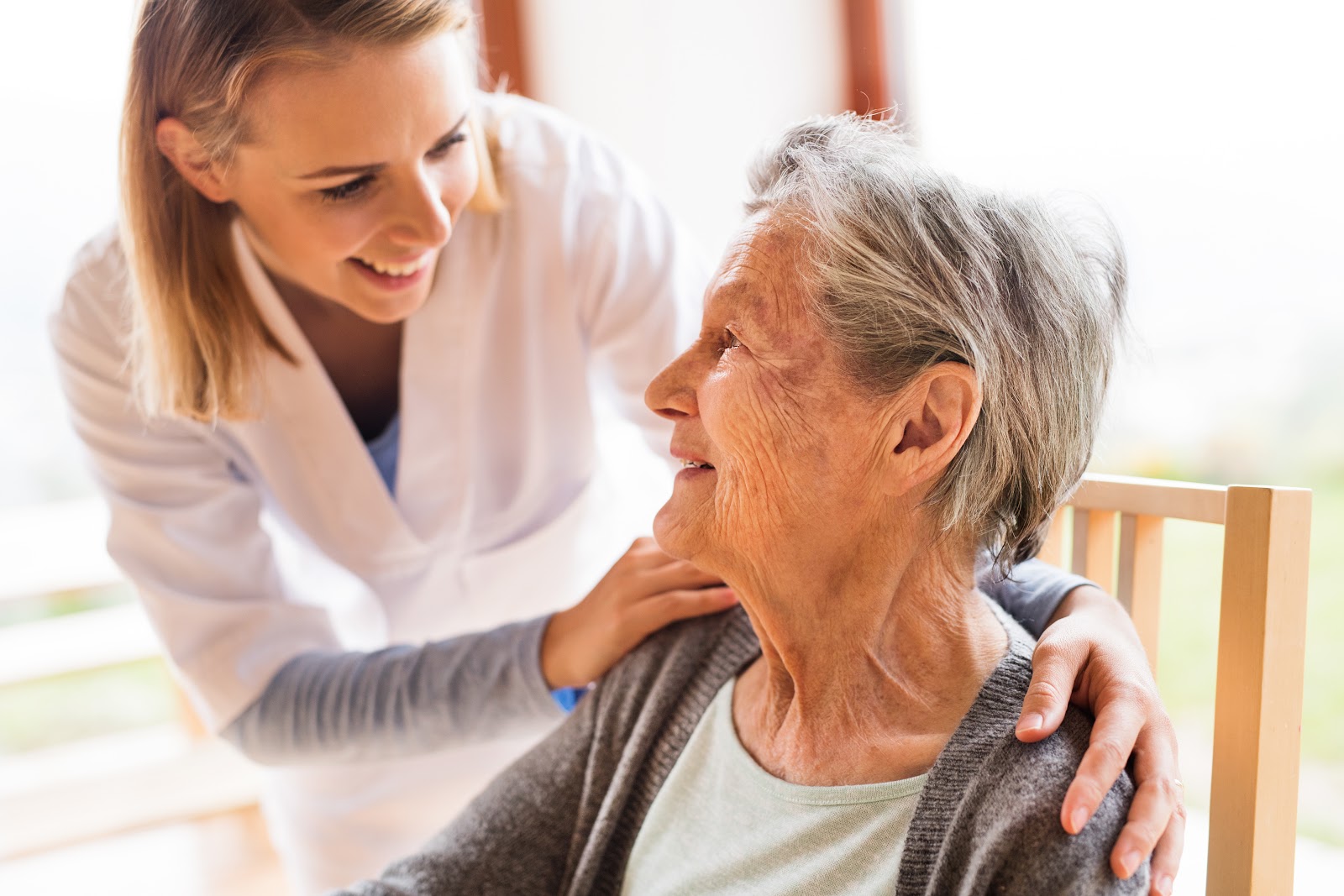
The Center for Disease Control reports that every year hundreds of thousands of elderly Americans suffer abuse at the hands of their caretakers, even in assisted living facilities. Exploitation can come in physical, emotional, financial, and a variety of other forms, so it can often be difficult to identify. As we and our loved ones go through life, the chances we’ll need help with basic needs arise, and so does the possibility of falling victim to malpractice at the hands of someone who is supposed to be responsible for our well-being.
To prevent elderly abuse, being aware of the ways it exists is crucial. Fully understanding how you or a loved one may be affected is the best method of staying vigilant, so here’s a brief synopsis of things that can go wrong.
Physical abuse
When it’s happening to you, physical abuse is easy to determine. However, if a loved one is suffering, you’ll need to be extra attentive for any indications.
Physical abuse involves injury or harm carried out with the purpose of causing anguish, pain, or impairment. Signs of this can be bruises, cuts, broken bones, and several other visual symptoms, but also be mindful of any constant illness or functional impairment. In some cases, death may be the final clue.
Sexual abuse
Inappropriate comments and unwanted touching of any kind with a senior citizen is sexual abuse. Instances of these situations take place at alarming rates and it’s crucial to stop any such actions. Sometimes this is difficult to recognize but things like pelvic injuries or bleeding, withdrawn or socially unacceptable behavior and STD’s are strong warning signs of this conduct.
Emotional or psychological abuse
Emotional and psychological abuse is verbal and nonverbal actions that inflict mental anguish, pain, fear, or distress. Being threatened, humiliated, isolated, or overly controlled are some examples that someone is undergoing this type of mistreatment. A few hints are low self-esteem, nervous behavior, and examining how the staff interacts with the patients. Also, make sure to understand what types of medication is being prescribed and how much.
Neglect
If a nursing facility fails to protect an elderly person from harm or meet their needs for essential medical care leading to serious risk of compromised health and safety, this constitutes neglect. Neglect can be but is not limited to, lack of adequate nutrition, hygiene, clothing, shelter, access to necessary health care, or failure to prevent exposure to unsafe activities and environments. A couple of physical tipoffs are bedsores, weight loss, unsanitary living conditions, and the appearance of over-medication.
Financial abuse
Unnecessary procedures are obvious cases of Medicare fraud and insurance scams common for disreputable medical custodians. Facilities will overcharge expenses and suggest surgeries that could ultimately be fatal. Even if you’re not economically affected because your healthcare provider is responsible, you’re still not getting the amount of care to which you’re entitled.
Improper use of someone’s resources by a trusted individual is the most common form of elderly abuse because it can sometimes be the hardest to spot. Keep an eye open for any odd behavior like the use of personal benefits, resources, belongings, and assets or deprivation of access to rightful information. Coercion, deception, and forgery are the lengths to which nursing homes can go for the sake of greed.
What to do if this is happening to you
Get a free consultation from Thompson Legal. Give us a call at (954) 510-3366 to schedule an appointment or fill out the contact form and a representative will be in contact.
Thompson Legal, P.A., is home to experienced and successful foreclosure attorneys who understand how best to represent families in financial difficulties. We will be happy to discuss your case with you and accommodate an appointment suited for your schedule. Contact us today for your free consultation or give us a call and see how we can resolve your dilemma.
